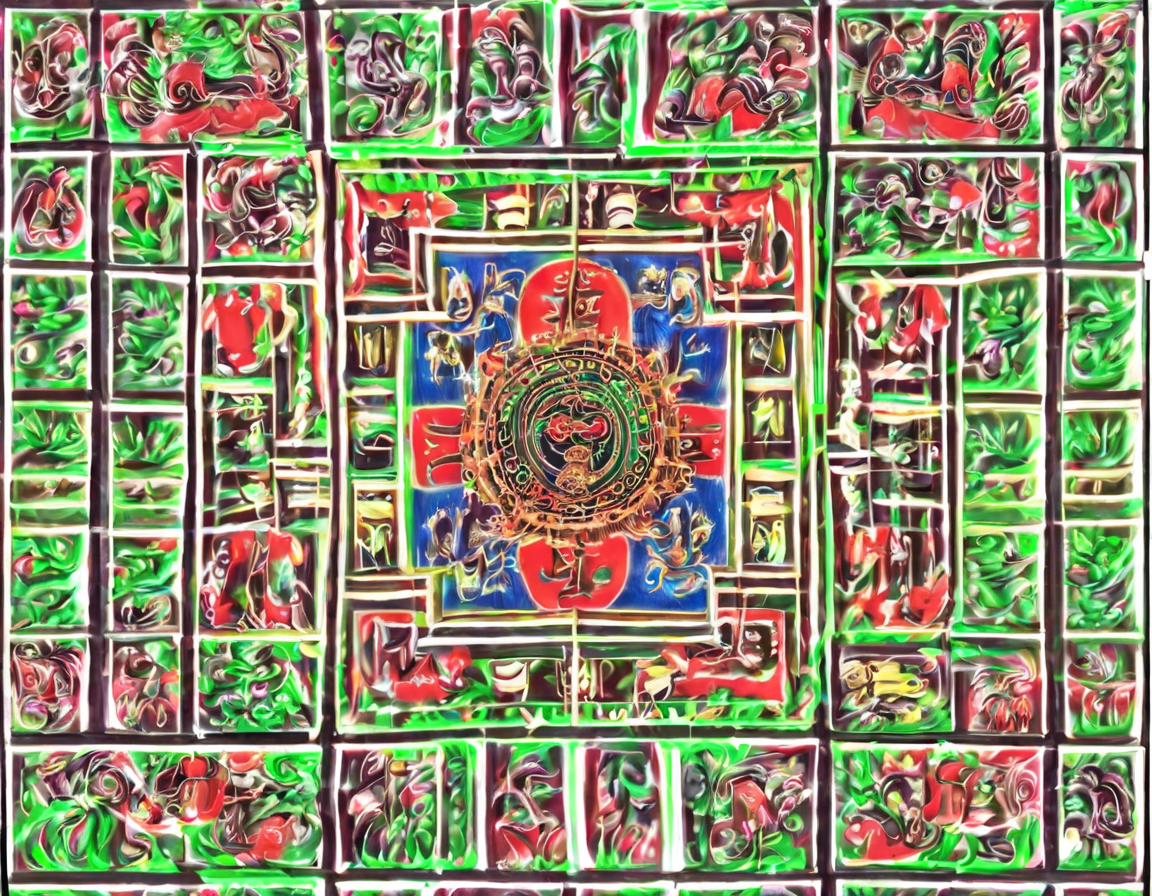Introduction
Japan and Hong Kong are two vibrant Asian destinations that are popular among travelers for their rich cultures, modern amenities, and unique lifestyles. While both countries have similarities due to their geographical proximity and historical influences, they also have distinct differences that make them stand out from each other. In this article, we will delve into a comparison of Japan and Hong Kong in terms of culture, lifestyle, food, entertainment, and more to help you better understand the unique characteristics of each destination.
Culture and Tradition
Japan is known for its rich cultural heritage, which is deeply rooted in traditions that have been preserved for centuries. The Japanese people place great importance on respect, harmony, and discipline in all aspects of life. Traditional arts such as tea ceremonies, flower arranging (ikebana), and calligraphy are still widely practiced in Japan, reflecting the nation’s reverence for art and aesthetics.
On the other hand, Hong Kong has a more cosmopolitan culture influenced by a blend of Eastern and Western values. Due to its colonial history, Hong Kong boasts a multicultural society where traditions from China, Britain, and other countries converge. This unique cultural fusion is evident in Hong Kong’s architecture, language, food, and festivals, making it a fascinating melting pot of diversity.
Lifestyle and Work Ethic
In terms of lifestyle, Japan is known for its strong work ethic and dedication to excellence. Japanese employees often work long hours and place a high value on efficiency and precision in their jobs. The concept of “wa” or harmony is deeply ingrained in Japanese society, emphasizing teamwork and cooperation in both the workplace and social settings.
Conversely, Hong Kong is a bustling metropolis where the pace of life is fast and dynamic. The people of Hong Kong are highly efficient and entrepreneurial, with a strong focus on financial success and career advancement. The city’s competitive environment drives residents to work hard and strive for success in their chosen fields.
Food and Cuisine
Japanese cuisine is celebrated worldwide for its fresh ingredients, delicate flavors, and meticulous presentation. From sushi and sashimi to ramen and tempura, Japanese food offers a diverse range of dishes that cater to all tastes. The Japanese reverence for food is evident in the country’s culinary traditions, such as kaiseki (multicourse meal) and izakaya (pub-style dining), which emphasize the art of dining and socializing.
In contrast, Hong Kong is a food lover’s paradise known for its eclectic street food, dim sum, and international dining scene. The city’s culinary landscape is a reflection of its diverse population, with a myriad of flavors and influences from around the world. From traditional Cantonese cuisine to fusion dishes and Michelin-starred restaurants, Hong Kong offers a gastronomic experience that is second to none.
Entertainment and Recreation
Japan is renowned for its pop culture phenomena, including anime, manga, and video games, which have gained global popularity. The country is also home to vibrant entertainment districts such as Akihabara in Tokyo and Dotonbori in Osaka, where visitors can experience the latest trends in fashion, music, and technology. Additionally, Japan’s natural beauty, hot springs (onsen), and traditional festivals provide ample opportunities for recreation and relaxation.
In Hong Kong, entertainment options abound, from shopping and nightlife in the bustling districts of Causeway Bay and Lan Kwai Fong to outdoor activities in the scenic countryside. The city’s skyline, featuring iconic skyscrapers and Victoria Harbour, offers spectacular views that are not to be missed. Hong Kong Disneyland and Ocean Park are popular attractions for families and thrill-seekers alike, adding to the city’s allure as a top tourist destination.
Conclusion
In conclusion, Japan and Hong Kong are two captivating destinations that offer travelers a unique blend of culture, lifestyle, and experiences. While Japan embodies tradition, craftsmanship, and precision, Hong Kong showcases diversity, dynamism, and innovation. Whether you’re looking to immerse yourself in ancient traditions, indulge in world-class cuisine, or explore modern entertainment, both countries have something special to offer that will leave a lasting impression on your travels.
Frequently Asked Questions (FAQs)
-
Q: What is the best time to visit Japan and Hong Kong?
A: The best time to visit Japan is during spring (March to May) for cherry blossom season or autumn (September to November) for mild weather. As for Hong Kong, the months of October to December offer pleasant temperatures and fewer crowds. -
Q: Is it easy to travel between Japan and Hong Kong?
A: Yes, there are direct flights between major cities in Japan and Hong Kong, making it convenient to travel between the two destinations. Additionally, high-speed trains and ferries connect different regions within each country. -
Q: What are some must-try dishes in Japan and Hong Kong?
A: In Japan, don’t miss out on trying sushi, ramen, tempura, and okonomiyaki. In Hong Kong, be sure to sample dim sum, roast goose, egg tarts, and pineapple buns. -
Q: Are there language barriers for English speakers in Japan and Hong Kong?
A: While English is not widely spoken in Japan, major tourist areas and train stations have signs and announcements in English. In Hong Kong, English is more commonly used due to its colonial history, making it easier for English speakers to navigate the city. -
Q: What are some cultural etiquettes to keep in mind when visiting Japan and Hong Kong?
A: In Japan, it is important to bow as a sign of respect, remove your shoes before entering homes or certain establishments, and avoid tipping. In Hong Kong, practice good table manners, greet others with a slight bow or nod, and refrain from public displays of affection. -
Q: Which country offers better shopping opportunities, Japan or Hong Kong?
A: Both Japan and Hong Kong are known for their shopping scenes. Japan is famous for its luxury brands, electronics, and traditional crafts, while Hong Kong is a paradise for street markets, designer labels, and unique finds. It ultimately depends on your preferences and budget. -
Q: Are there any traditional festivals or events in Japan and Hong Kong worth attending?
A: In Japan, festivals such as Hanami (cherry blossom viewing), Gion Matsuri in Kyoto, and Tanabata (Star Festival) are popular cultural events. In Hong Kong, the Chinese New Year celebrations, Mid-Autumn Festival, and Dragon Boat Festival are vibrant occasions that showcase the city’s traditions and customs.



